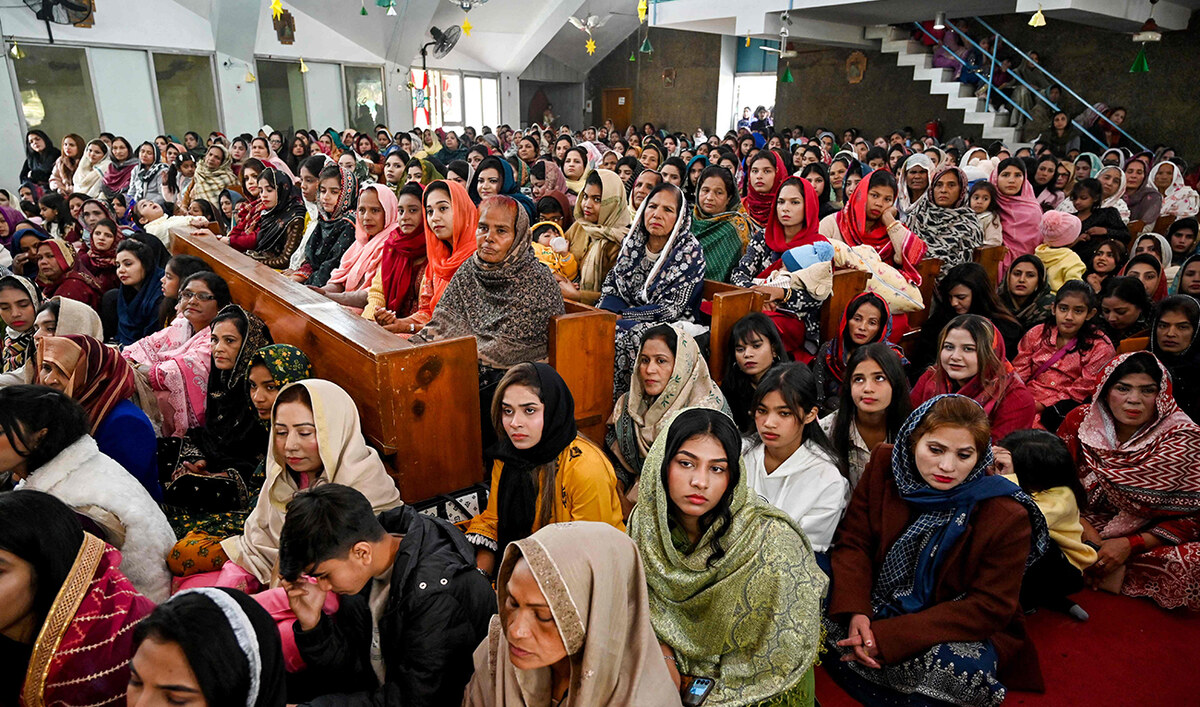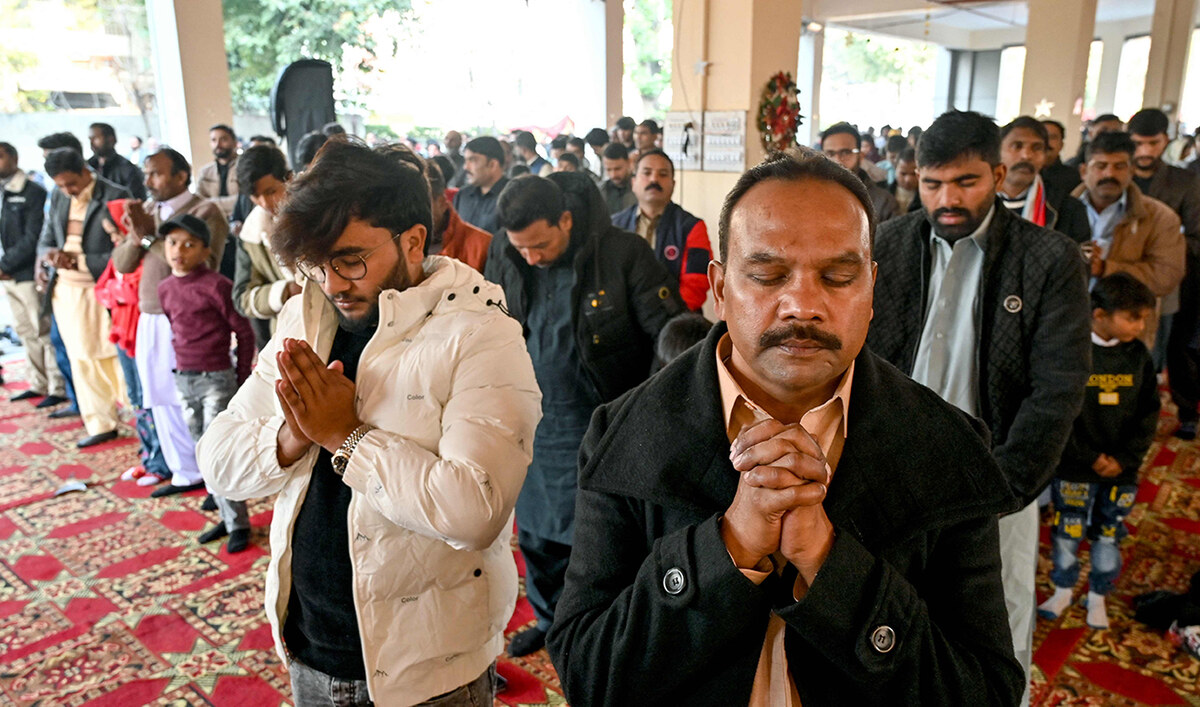ISLAMABAD: The US embassy in Islamabad this week warned citizens to reconsider traveling to Pakistan “due to terrorism” and “increased risks” of violence in some parts of the country as the South Asian nation faces a surge in militant activity.
Pakistan has seen a number of high-profile attacks in recent months, including when separatist militants killed over 50 people in the country’s largest province of Balochistan in a string of coordinated attacks on army and paramilitary camps, police stations, railway lines and highways last month. Elsewhere in the country, particularly the northwestern Khyber Pakhtunkhwa province, religiously motivated groups like the Pakistani Taliban have also stepped up attacks, daily targeting security forces convoys and check posts, and carrying out targeted killings and kidnappings of security and government officials.
“Reconsider travel to Pakistan due to terrorism,” the US Embassy said in a new travel advisory issued on Tuesday. “Some areas have increased risk. Do not travel to Balochistan province and Khyber Pakhtunkhwa (KP) province, including the former Federally Administered Tribal Areas (FATA), due to terrorism [and] the immediate vicinity of the India-Pakistan border and the Line of Control due to terrorism and the potential for armed conflict.”
Highlighting risks, the embassy said militants could launch attacks with “little or no warning,” targeting transportation hubs, markets, shopping malls, military installations, airports, universities, tourist attractions, schools, hospitals, places of worship, and government facilities.
It advised its citizens against going to protests, saying Pakistani law prohibited protests without an official permit and US citizens could be detained for participation or for posting “critical” social media content against the Pakistan government and military.
“Pakistan’s security environment remains fluid, sometimes changing with little or no notice,” the advisory said. “There are greater security resources and infrastructure in the major cities, particularly Islamabad, and security forces in these areas may be more readily able to respond to an emergency compared to other areas of the country.”
If US citizens did decide to travel to Pakistan, the embassy advised them, among other measures, to monitor local media for breaking events, remain aware of surroundings, particularly around public markets, restaurants, police installations, places of worship, government and military institutions and other locations, avoid demonstrations or other large gatherings, have evacuation plans that did not rely on US government assistance and keep travel documents up to date and easily accessible.





















